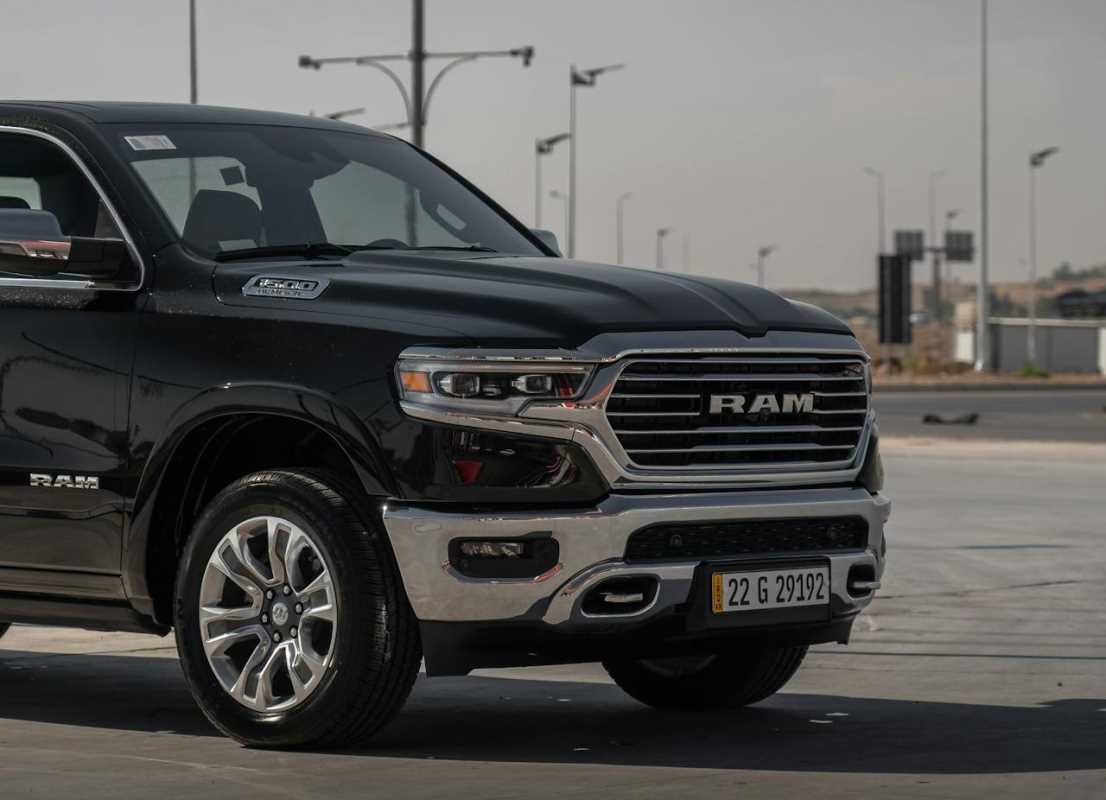Are you in the market for a family-friendly vehicle that suits the needs of your loved ones? Finding the perfect vehicle can be a daunting task, given the myriad of options available. However, fear not! Below are valuable tips to guide you in selecting the right family-friendly vehicle that meets the unique requirements of your household. Let's explore these tips together.
Consider Your Family's Needs
When searching for the ideal family vehicle, it's essential to consider your family's specific needs. Start by assessing the number of family members. If you have young children, you may need to accommodate car seats or boosters, which can take up extra space. Consider whether you often have family or friends traveling with you; a vehicle that seats seven or eight might be beneficial for road trips or outings.
Next, think about your cargo space requirements. If your family is active, you may need ample room for strollers, sports equipment, or groceries. A vehicle with a spacious trunk or adjustable seating can be crucial for these purposes. Additionally, consider your lifestyle: do you frequently transport pets? Are you planning to go on long road trips? Answering these questions can help narrow down your options and focus on vehicles that cater to your family’s lifestyle.
Safety Features are Non-Negotiable
The safety of your family should always be a top priority when choosing a vehicle. Look for cars equipped with advanced safety features. Essential safety features include multiple airbags, electronic stability control, anti-lock braking systems (ABS), rearview cameras, blind-spot monitoring, and lane departure warning systems.
It would help if you also familiarize yourself with the vehicle's crash test ratings from reputable organizations like the National Highway Traffic Safety Administration (NHTSA) and the Insurance Institute for Highway Safety (IIHS). These ratings can provide valuable insights into how well a vehicle performs in various crash scenarios. A vehicle that excels in safety ratings can give you peace of mind, knowing that your family is protected.
Fuel Efficiency for Cost Savings
With the rising cost of fuel, opting for a fuel-efficient family vehicle can lead to significant cost savings in the long run. Consider vehicles with hybrid, electric, or fuel-efficient gasoline engines to minimize fuel expenses and reduce your carbon footprint. Not only will a fuel-efficient vehicle save you money at the pump, but it will also contribute to a cleaner environment for future generations.
For example, hybrid models often offer impressive mileage in city driving, while electric vehicles eliminate the need for gas altogether. Even if a vehicle has a higher upfront cost, the long-term savings on fuel can make it a more economical choice. Additionally, some regions offer incentives or tax breaks for purchasing electric or hybrid vehicles, further offsetting the initial investment.
Entertainment and Comfort Features
Long family road trips or daily commutes with kids can be challenging without adequate entertainment options. Look for vehicles that come equipped with family-friendly features such as built-in DVD players, touchscreen infotainment systems, Bluetooth connectivity, and multiple charging ports. These features can keep your passengers entertained and connected on the go, making long trips much more enjoyable.
Comfort features are equally important. Adjustable seating, climate control, and ample legroom can significantly enhance the overall driving experience for you and your family. If you have older children, consider vehicles that allow them to customize their environment, such as independent climate controls for rear passengers or spacious seating arrangements. These comforts can prevent squabbles over personal space or temperature settings.
Test Drive Various Vehicle Models
Before making a final decision, it’s crucial to test drive multiple vehicle models to get a feel for how they handle the road. During the test drive, consider the vehicle's maneuverability, visibility, comfort, and overall driving experience.
Try to envision your family in the car during the test drive. How does it feel to buckle in kids or pets? Is there enough space to comfortably accommodate everyone? Testing different models will help you determine which vehicle best meets your family's needs and preferences, ensuring a comfortable and enjoyable ride for everyone.
When test driving, factors like road noise and ease of access for getting in and out of the vehicle should also be considered. If you frequently park in tight spaces or navigate urban areas, a smaller vehicle might be more suitable. On the other hand, if you often travel on highways, a larger SUV or minivan could provide a smoother ride.
Budget Considerations and Long-Term Value
While it's tempting to splurge on the latest family vehicle with all the bells and whistles, it's essential to set a realistic budget and consider long-term value. Begin by determining how much you can comfortably afford, keeping in mind additional costs like insurance, maintenance, fuel, and depreciation when assessing the overall affordability of a vehicle.
Research the resale value of different models to gauge their long-term worth. Some vehicles depreciate more slowly than others, meaning they retain value better over time. Investing in a vehicle with high resale value can benefit you if you decide to sell or trade it in the future.
Consider the cost of ownership over time, including insurance rates and the potential for repairs. Vehicles with a reputation for reliability may save you money in the long run by requiring fewer repairs and having lower maintenance costs. Consulting resources like Consumer Reports or J.D. Power can provide insights into which vehicles have the best long-term reliability.
Explore Vehicle Reviews and Ratings
Before settling on a vehicle, take the time to explore reviews and ratings from other families. Websites like Edmunds, Kelley Blue Book, and Car and Driver provide expert reviews as well as user feedback on various models. This can help you identify common issues or advantages noted by other parents.
Look for reviews that discuss family-specific features, such as the ease of installing car seats, the size of the trunk, or how the vehicle performs in snowy or rainy conditions. If possible, talk to friends, family, or coworkers who own the models you're considering. Their firsthand experiences can offer valuable insights and help you make a more informed decision.
Consider the Vehicle’s Warranty and Service Options
When investing in a family vehicle, don’t overlook the importance of warranty and service options. A good warranty can provide peace of mind, covering repairs for a specified time or mileage. Be sure to understand the terms of the warranty, including what it covers and for how long.
Some manufacturers offer extended warranties, which can be beneficial if you plan to keep the vehicle for many years. Additionally, consider the availability of service centers and the overall reputation of the manufacturer for customer service. A brand known for its responsive support can make a significant difference in your ownership experience.
Involve the Whole Family in the Decision
Choosing a family vehicle should involve input from all family members, especially if you have older children who can express their preferences. Discuss what features are most important to each person, whether it’s extra legroom, tech features, or even the color of the vehicle.
Involving your family in the decision can also create excitement about the new purchase. Allowing children to share their thoughts can make them feel valued and may lead to a smoother transition when it comes time to switch vehicles. Plus, it can also help manage expectations, as they’ll understand that everyone has to compromise.
 (Image via
(Image via.jpg)





